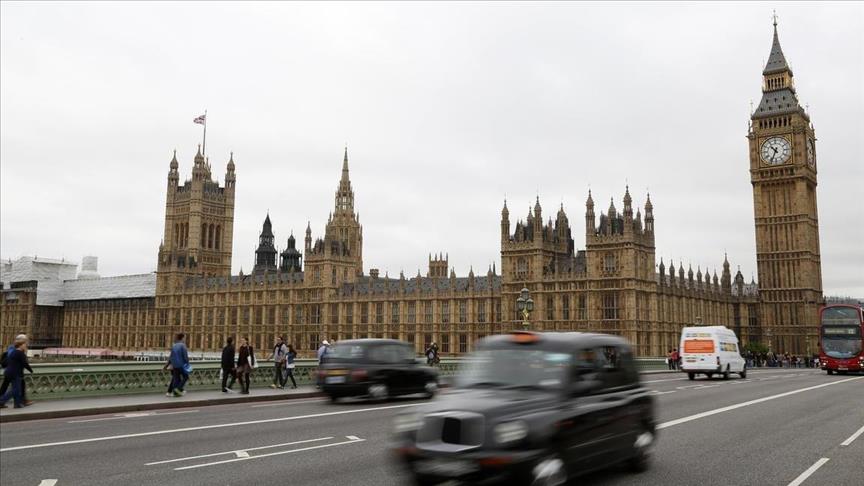London, 21 Rabi’ul Awwal 1437/1 January 2016 (MINA) – Prime Minister David Cameron’s policy chief apologized Wednesday for “offensive” remarks he made about Britain’s black community in a document written in the wake of rioting in 1985.
Oliver Letwin, who leads Cameron’s policy unit, blamed “bad moral attitudes” for the disorder on the Broadwater Farm housing estate in Tottenham, north London, that followed the death of a woman during a police raid, Anadolu Agency quoted by Mi’raj Islamic News Agency (MINA) as reporing.
The previously unpublished memo, coauthored by Letwin when he was an adviser to then Prime Minister Margaret Thatcher, was released by the National Archives on Wednesday, provoking a debate about race attitudes in the U.K.
Letwin said he wanted to “make clear that some parts of a private memo I wrote nearly 30 years ago were both badly worded and wrong”.
Also Read: Spain Sees Mass Solidarity Protests for Palestine in Over 40 Cities
In a statement, he added: “I apologize unreservedly for any offense these comments have caused and wish to make clear that none was intended.”
Broadwater Farm resident Cynthia Jarrett died of a heart attack during a raid on her home on Oct. 5, 1985. Her death led to a riot that saw one police officer killed and more than 230 injured.
In a memo following the unrest, Letwin and Hartley Booth, who went on to become a Conservative lawmaker, said the “root of social malaise is not poor housing, or youth ‘alienation’, or the lack of a middle class”.
Responding to calls for action over poor housing and job opportunities, they said that “riots, criminality and social disintegration” were caused “solely” by individuals. “So long as bad moral attitudes remain, all efforts to improve the inner cities will founder,” the memo added.
Also Read: EU Commissioner Says Israel Blocked Her Entry to Gaza During Egypt Visit
Encouraging entrepreneurs in the black community would only support investment in the “disco and drug trade”, they said.
David Lammy, an opposition Labour lawmaker who grew up in the area, wrote on Wednesday that Letwin’s comments were “misguided and offensive”.
In a Twitter post, he said: “It shows just how out of touch those in power can be with the reality of what is happening.”
Trevor Philips, the former head of the Commission for Racial Equality, told BBC Radio: “What I think it tells us is that people like Oliver would never have met a black person in their lives so they wouldn’t be at all embarrassed about saying something as dumb as this.
Also Read: Thousands Rally in Paris on International Day of Solidarity with Palestinians
“My guess is that he’s a grown up now, he has met people and he has different views.”
The National Archives routinely releases government papers under a 30-year rule.
Other documents released on Wednesday detail Britain’s response in the mid-1980s to the emerging AIDS epidemic, with plans to leaflet every household in the country explaining how the disease is transmitted.
In a handwritten comment, Thatcher queried the need to include details of how the disease was passed through unprotected sex.
Also Read: Global Movement to Gaza to Hold Coordinated Rallies in 13 Cities on International Day of Solidarity
“I think the anxiety on the part of parents and many teenagers who would never be in danger from Aids, exceeds the good it may do,” she wrote, adding that “adverts where every young person will read and hear of practices they never knew about will do harm.”
The papers said there were 512 diagnosed cases of AIDS in the U.K. but that as many as 25,000 people could be unaware they were infected. The National AIDS Trust estimates there are 103,700 people living with HIV, the virus that leads to AIDS, in Britain today. (T/P010/R03)
Mi’raj Islamic News Agency (MINA)
Also Read: Russia Warns Trump’s Gaza Plan Could Enable “Uncontrolled Experiments” on Occupied Territory




























 Mina Indonesia
Mina Indonesia Mina Arabic
Mina Arabic